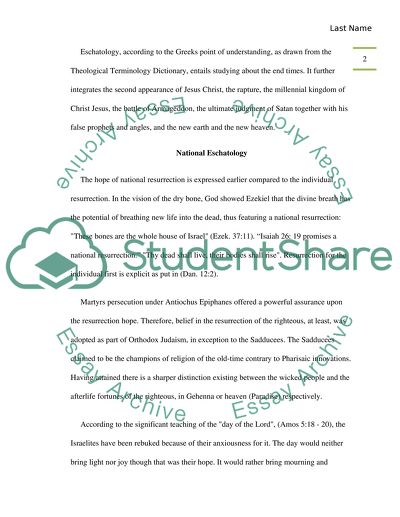Cite this document
(“Eschatology Religion and Theology Research Paper”, n.d.)
Eschatology Religion and Theology Research Paper. Retrieved from https://studentshare.org/religion-and-theology/1432591-in-the-instructions
Eschatology Religion and Theology Research Paper. Retrieved from https://studentshare.org/religion-and-theology/1432591-in-the-instructions
(Eschatology Religion and Theology Research Paper)
Eschatology Religion and Theology Research Paper. https://studentshare.org/religion-and-theology/1432591-in-the-instructions.
Eschatology Religion and Theology Research Paper. https://studentshare.org/religion-and-theology/1432591-in-the-instructions.
“Eschatology Religion and Theology Research Paper”, n.d. https://studentshare.org/religion-and-theology/1432591-in-the-instructions.


